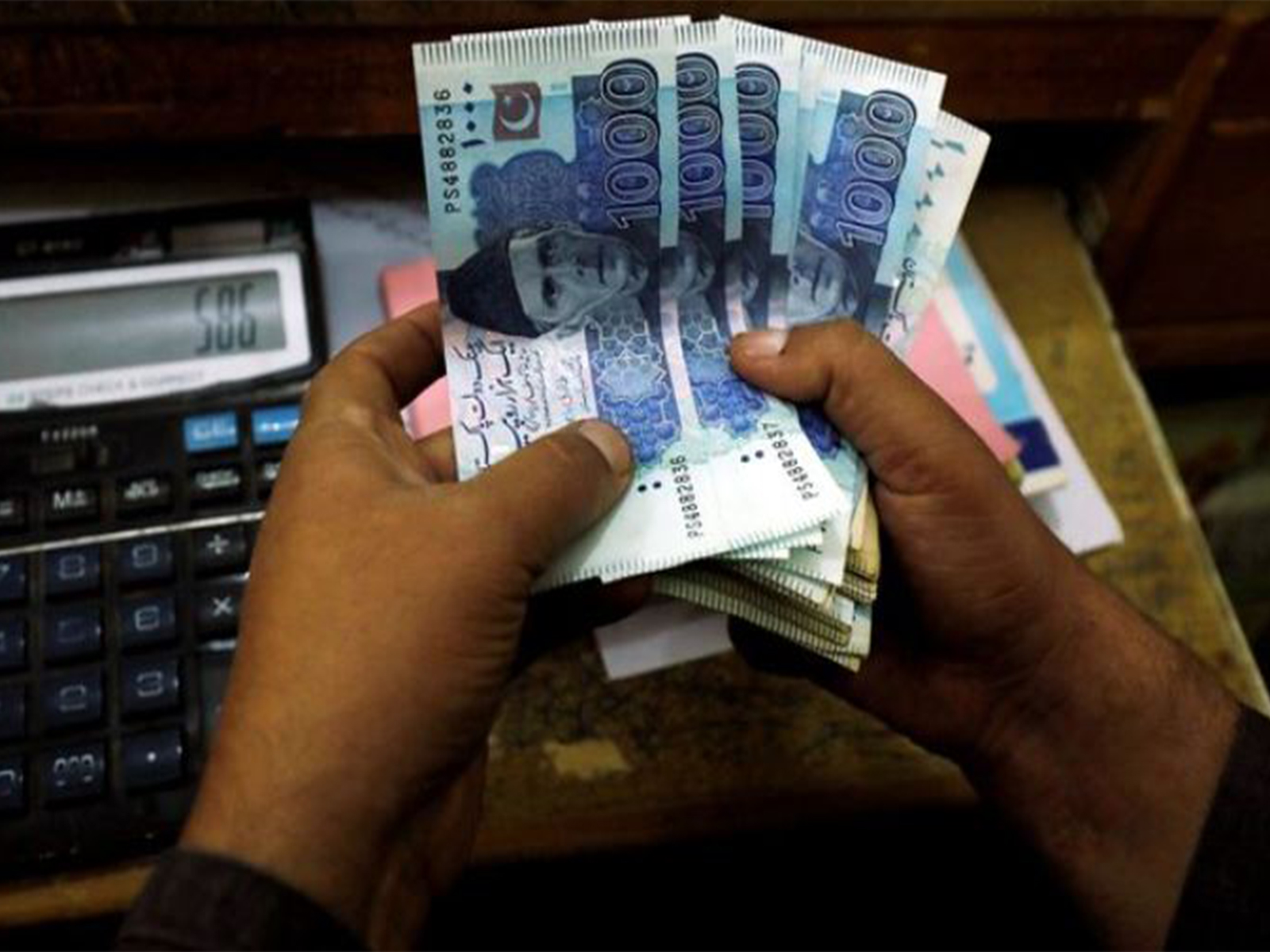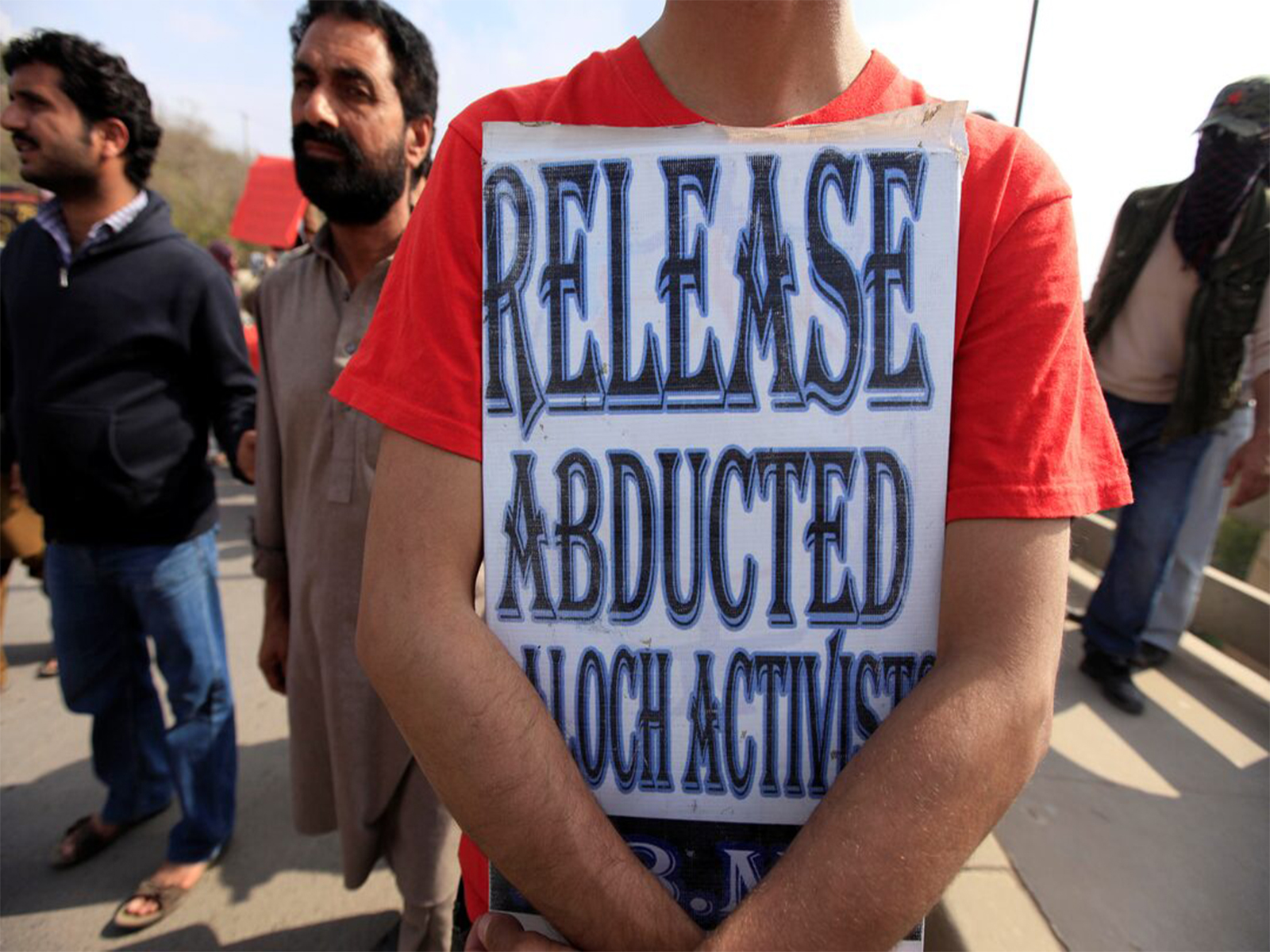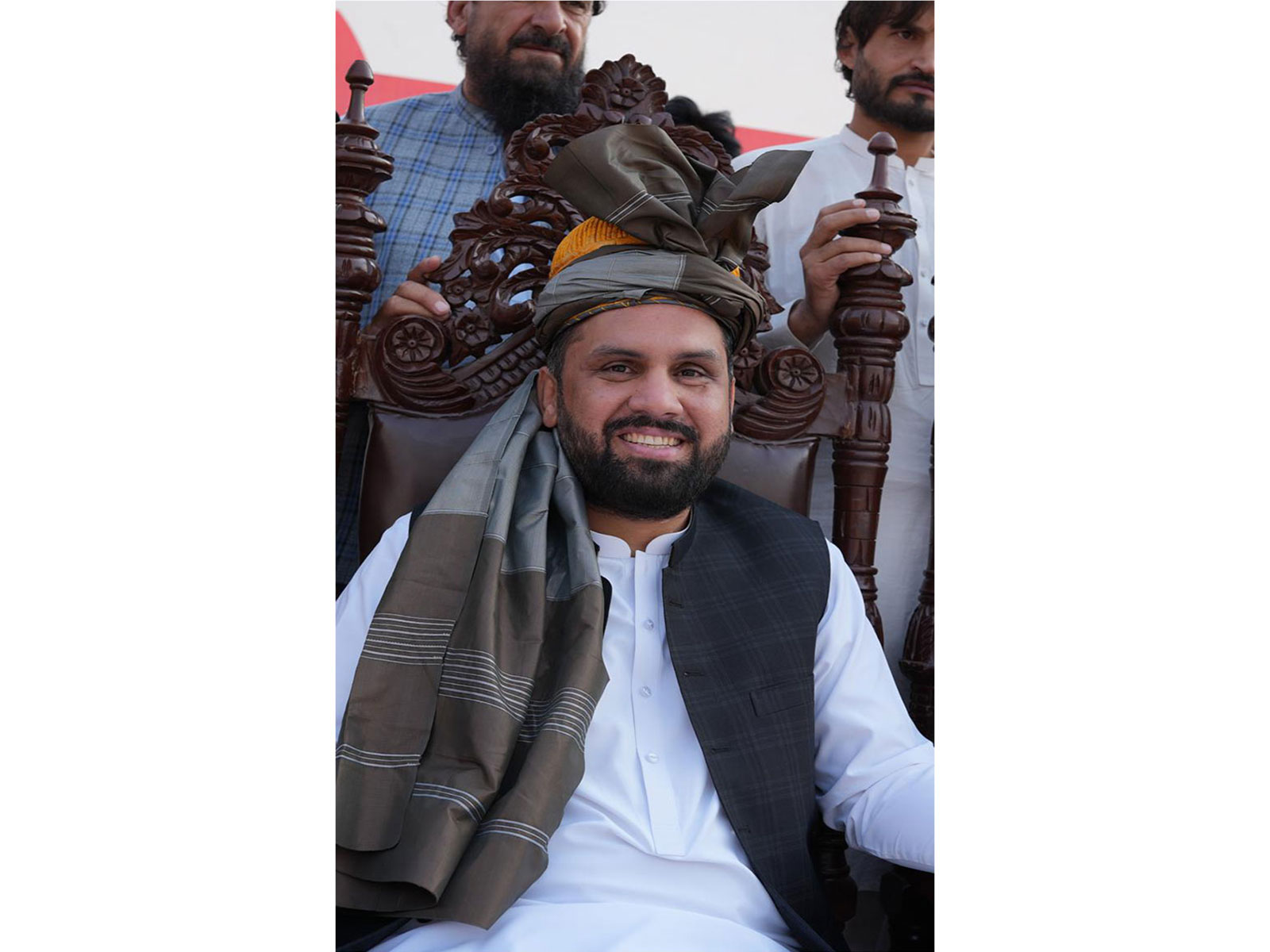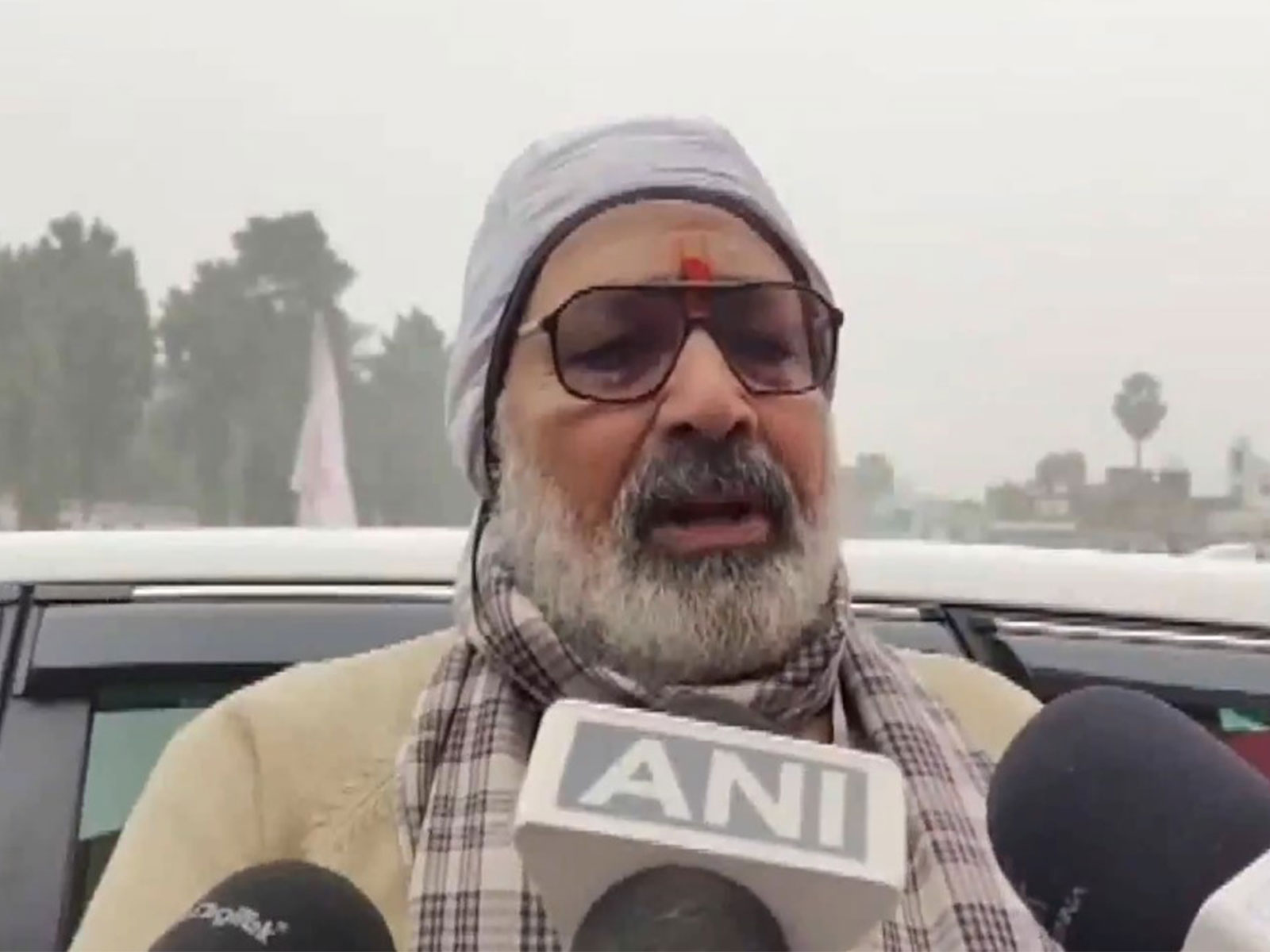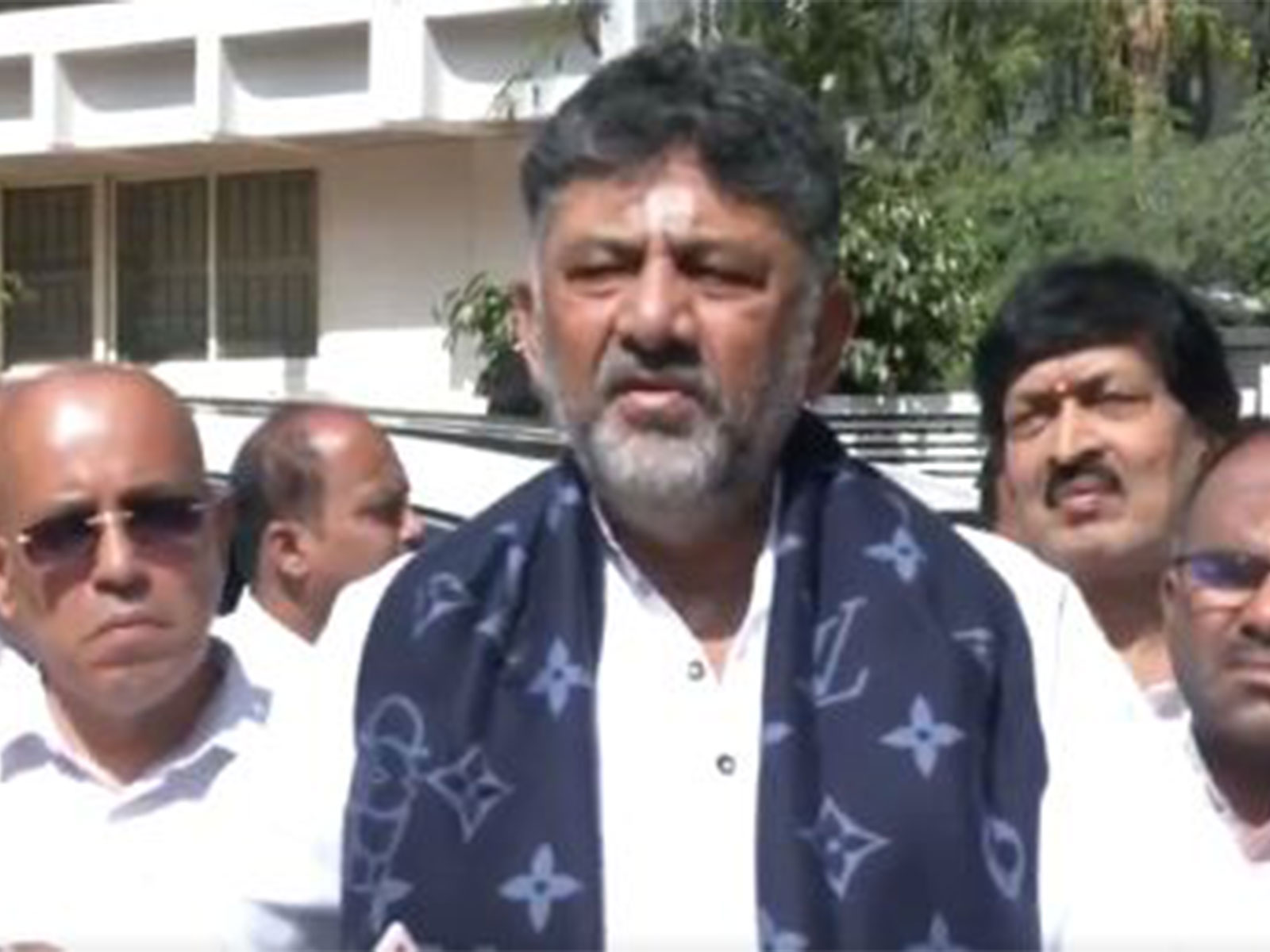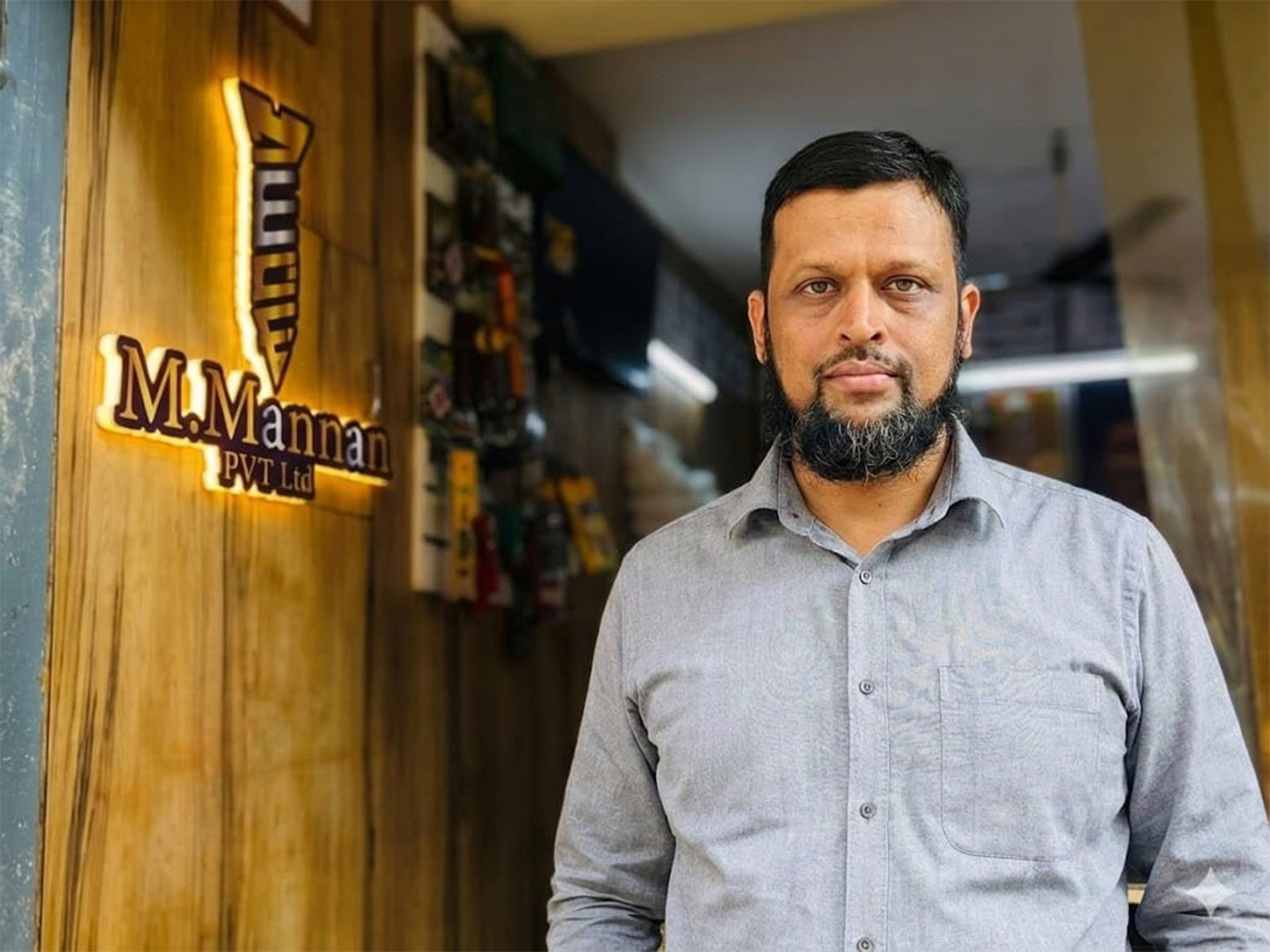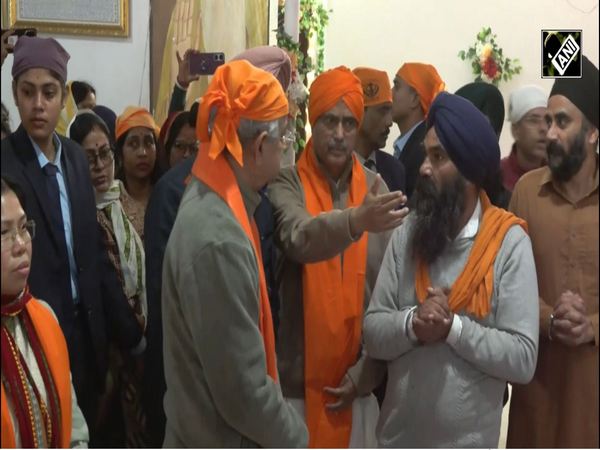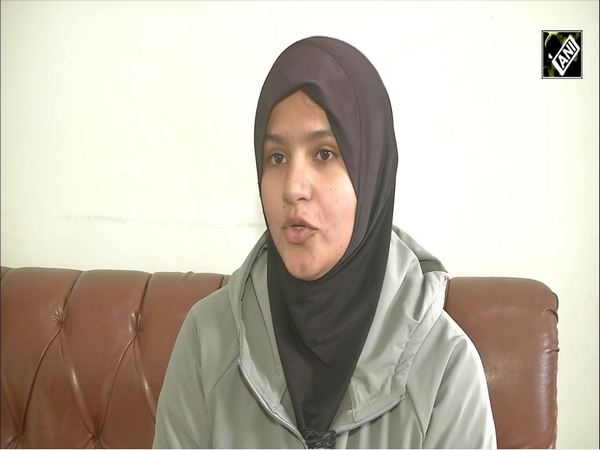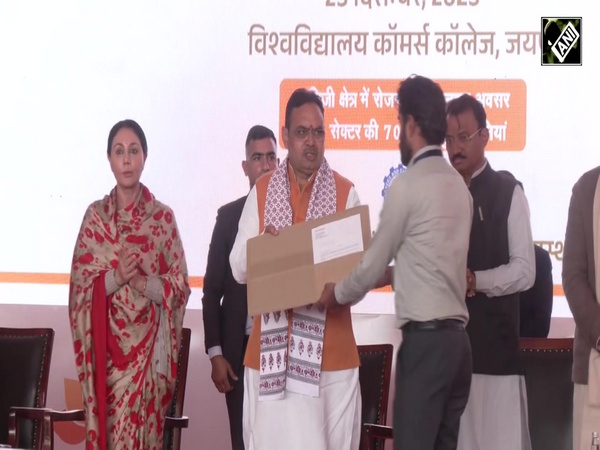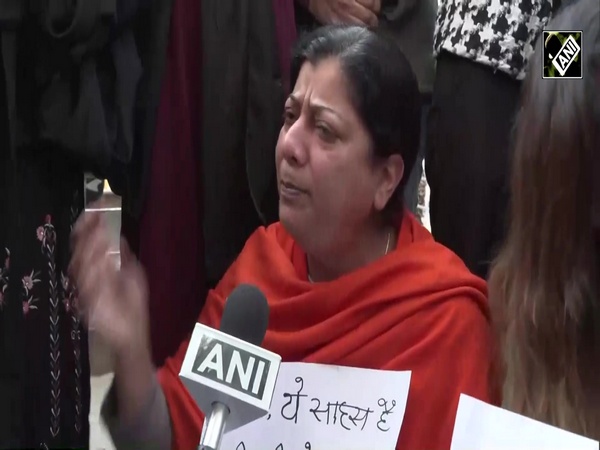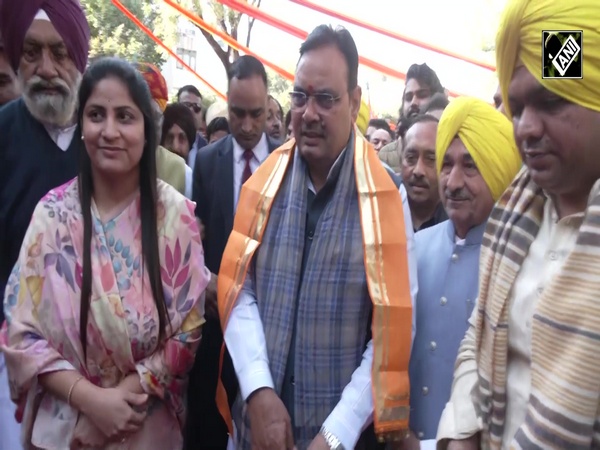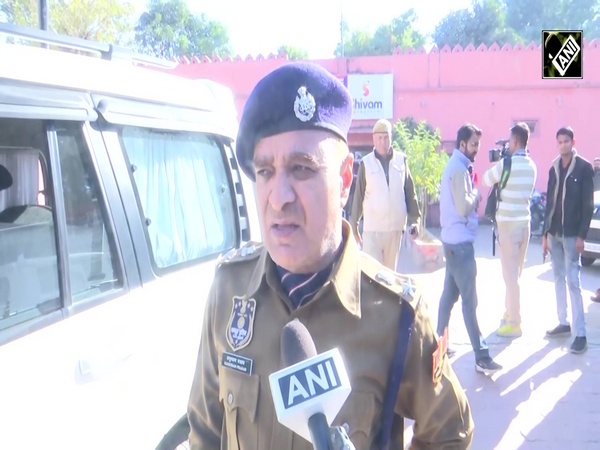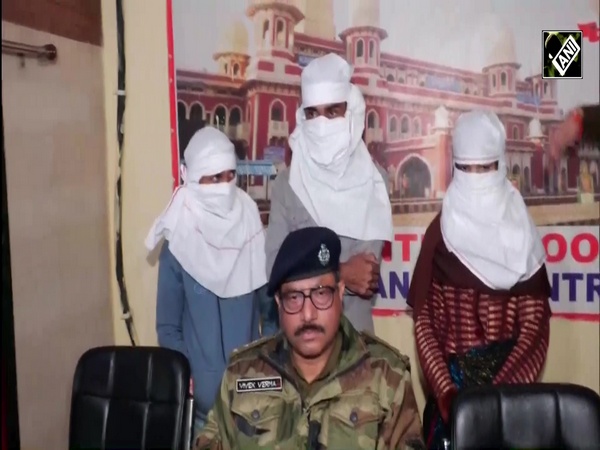G4 highlights urgency for reformation in UN Security Council
Jan 27, 2023

New York [US], January 27 : G4 or a Group of four countries, India, Brazil, Japan, and Germany, pointed out that there is an urgency of reformation in the United Nations Security Council (UNSC) and also said that the Intergovernmental Negotiations (IGN) framework needs structural formation.
Addressing the inaugural IGN meeting of the 77th UN General Assembly (UNGA) session, Germany's Permanent Representative to the UN, Ambassador Antje Leendertse, on behalf of G4, said, "I would like to point out that the urgency of Security Council reform - which was once again clearly acknowledged by most of our leaders in the General Debate, last September, including developing and developed countries, from all regions of the globe, and most of the permanent members of this Council - is in absolute dissonance with the working procedures of the IGN."
"It is curious to note that the membership expresses frustration on the inability of the Security Council to fulfil its charter-mandated obligations and yet is prepared to sit idly by observing the complete lack of progress in a process that could help to overcome the Council's structure deficiencies," she added.
During the speech, the Permanent Representative of Germany to the UN noted that for the past 15 years, the members are meeting for the IGN but still didn't have a draft to attribute the positions of interested stakeholders, to base the discussions. The member countries do not have a single factual account or record of the IGN proceedings.
"This structural flaw in the format of the IGN contributes immensely to keeping us going around in circles. We need to comprehensively change our approach to this process so that IGN discussions can finally live up to the importance and urgency of the matter. This appeal was clearly articulated in the recent document 'A Call to Action' signed by a diverse group of more than 30 UN members. In this regard, we would like to make a couple of concrete suggestions," Leendertse said.
"After 15 years since the creation of the IGN, it has become rather troubling to hear some delegations insist that basing discussions on a text would be premature... Our concrete suggestion is that we base our discussions on last year's elements paper, circulated by the previous co-facilitators. We can discuss the document paragraph by paragraph, add members' positions and transform it, by the end of the cycle, in a true member-driven text, with attribution, that will in due time allow for a real give and take process," Leendertse added.
Referring to the Security Council's increasingly complex and challenging global issues, G4 said that it is the shared responsibility to prevent one more wasted year of fruitless deliberations.
On cross-regional representation, the G4 is open to further exploring ways to improve cross-regional arrangements in order to ensure that the diversity of the General Assembly membership is adequately reflected in the UNSCl. G4 also believe that Member States should give due consideration during the nomination and election of non-permanent members to an adequate and continuing representation of small and medium size Member States, including Small Island Developing States (SIDS).
Regarding African representation in a reformed Security Council, the G4 reaffirms its full support for the Common African Position. "We believe that any outcome document of this IGN cycle should clearly recognize that there is overwhelming support for the Common African Position, as enshrined in the Ezulwini Consensus and in the Sirte Declaration," she said.
"We also underscore the need to fully attribute all members expressing support for the Common African Position. On the concepts of 'equitable geographical distribution' and 'regional representation', we would like to stress that equitable geographic distribution is a cornerstone of the international system because it is necessary for representativeness, legitimacy and efficacy," the Permanent Representative of Germany to the UN said.
She further stated, "One needs to look no further than the name of the very item we work under 'Question of equitable representation on and increase in the membership of the Security Council and other matters related to the Security Council'. Adequate regional representation is merely a means to guarantee equitable geographic distribution."
